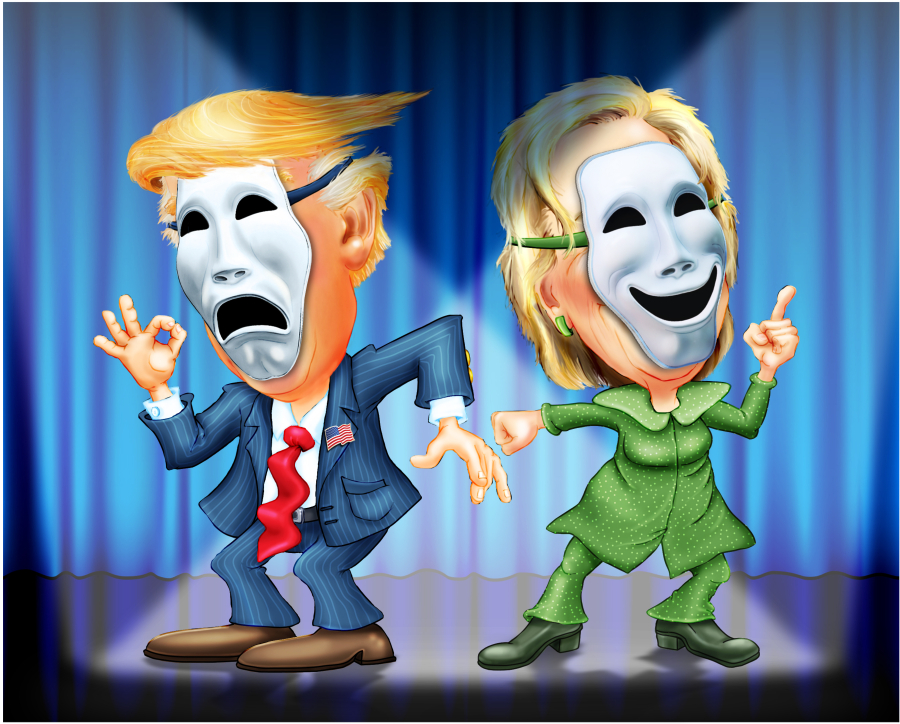“My strongest asset by far is my temperament,” the candidate declares — merely being factual, of course, and certainly never “braggadocious.”
Thanks largely to the outsized personality and decibel level of at least one candidate running for president, this election will hinge on matters of temperament — that is, the candidate’s character and behavior. No election has focused less on issues and more on personality since hotheaded, self-serving Lord Voldemort challenged endlessly cool, prepared Dumbledore for supremacy of the wizard world. No presidential candidate has ever before bragged about the size of his hands.
Temperament matters. Here in Clark County, many believe that outgoing county councilor David Madore hoisted his own petard not because of his conservative political positions but because his utter rigidity in pursuing them even extended to vilifying county staffers who disagreed. The way he racked up enmity was not a matter of positions — it was a matter of personality.
What about you? It takes all types to make a world, the saying goes. Having some insight into your own type, and how that type tends to act, react and interact with the dizzying diversity of other types out there, can make your world a smoother, easier place to live, love, work and play.




